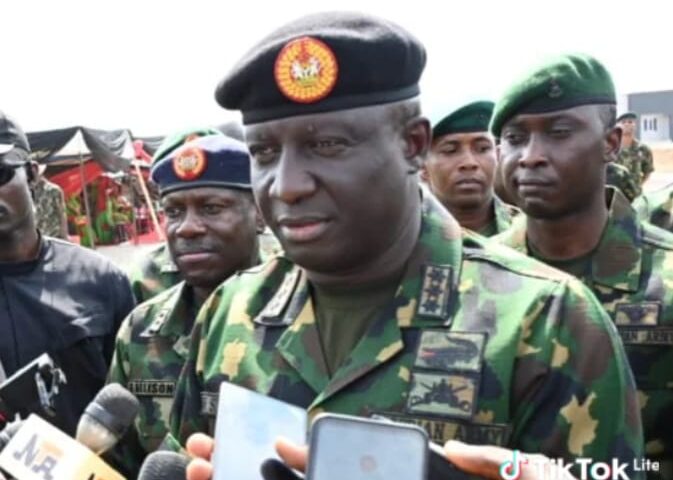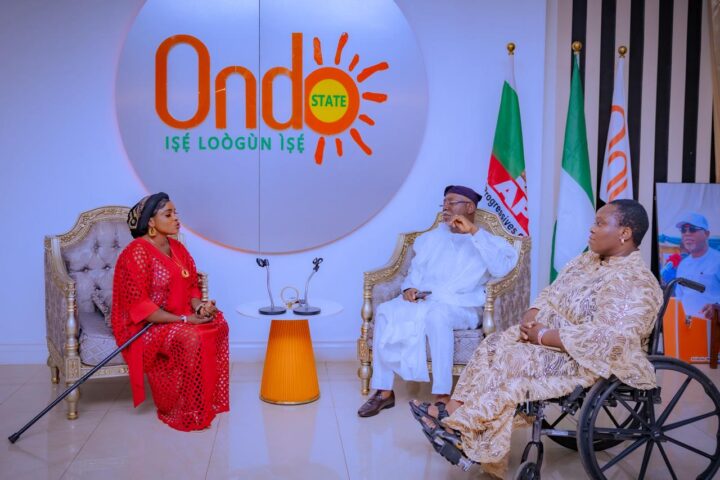Omobolanle Shosanya
Mr. Femi Gbajabiamila, Chief of Staff to the President, has underscored the importance of collaboration between the government, private sector and well-meaning Nigerians in the quest to solving multifarious challenges confronting the country.
Gbajabiamila,who stated this on Wednesday in Abuja at the National Economic Dialogue, “Nigeria’s Economic Future: 25 Years Democracy and Beyond,” organised by the Nigerian Economic Summit Group (NESG),said that the government cannot solve these challenges alone.
He emphasized the need for collaborative efforts in solving Nigeria’s socio-economic challenges.
He noted the inter-connectedness between democracy and economy, adding that Nigeria’s economic future is predicated on democracy.
He added: “Of course, it is the responsibility of the Federal, States and local Government Areas to find and implement necessary answers to the problems that confront us today.
“The government alone cannot define the future of any nation. All hands must be on deck. We just need to keep on pushing and pushing to solve these challenges.
“For us to have an economic future, it has to be predicated on democracy. The two are siamese twins.Nigeria belongs to us all. We have the responsibility to build it and leave a legacy which we will be proud of. It can only be achieved through joint efforts.”
Speaking,chairman of the NESG, Mr. Niyi Yusuf, acknowledged that in the last 25 years of Nigeria’democratic trajectory,that Nigeria has experienced significant transformations—politically, socially, and economically.
He said Nigeria has made strides in various sectors such as telecommunications, agriculture, and services reflecting, “our collective efforts to diversify our economy and create opportunities for millions of Nigerians.”
He,however, noted that the challenges that have persisted over the years due to policy inconsistencies, governance deficits, and economic vulnerabilities.
He said: “Businesses and entrepreneurs continue to suffer from the increasing cost of doing business, while citizens now suffer from rising cost of living.Poverty, unemployment, insecurity, and corruption are issues that continue to hinder our progress.
“The lessons we have learned from these challenges are clear: sustainable economic growth requires more than just policy changes; it demands a concerted effort to address the underlying systemic issues that have held us back.”
On the essence of the National Economic Dialogue, he said:”This Dialogue gives us an opportunity to take stock of our economic trajectory over the years, celebrate our successes, critically examine our shortcomings, and identify the impact of policy inconsistencies on our nation’s development.
“We must ask ourselves: How can we ensure that the gains we have made are not only preserved but also built upon?
“How can we build institutions, achieve policy consistency and continuity that will drive sustained economic growth?”
To shape a prosperous socio-economic future, the Chairman of NESG urged Nigerians to embrace collaboration as a fundamental principle.
According to him, “The challenges we face are complex and multifaceted, requiring the combined efforts of the public and private sectors, civil society, and international partners.
“We must work together to create an environment that fosters innovation, supports entrepreneurship, and attracts investment.This collaborative spirit must extend to all levels of government and across all sectors of society.
“In charting our economic trajectory, there are several strategic priorities that we must focus on. They economic diversification, human capital development, security and infrastructure development, good governance and transparency and inclusive growth.”
















